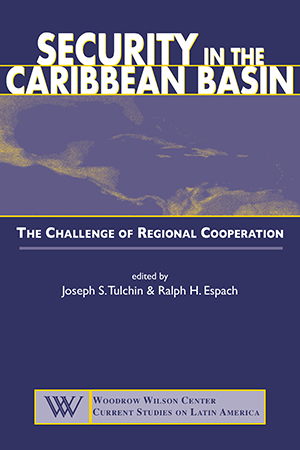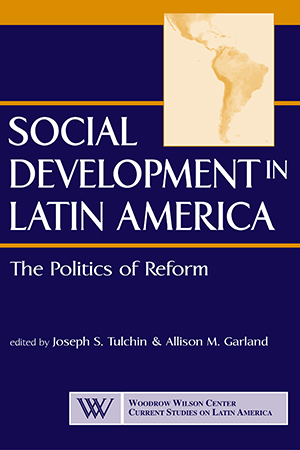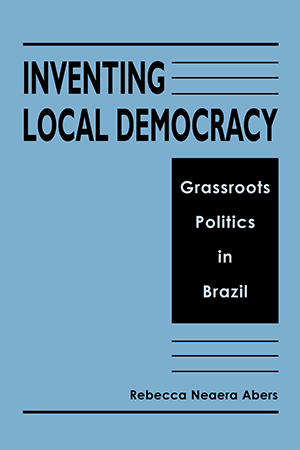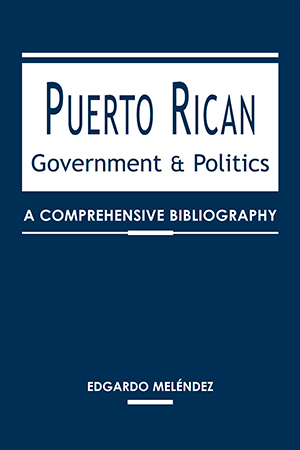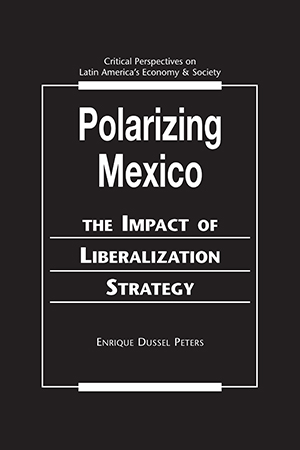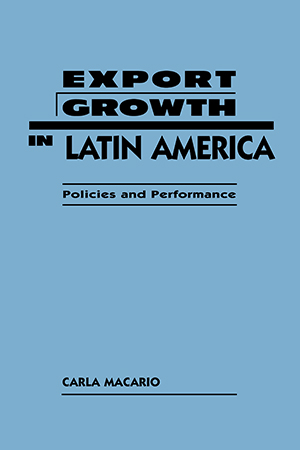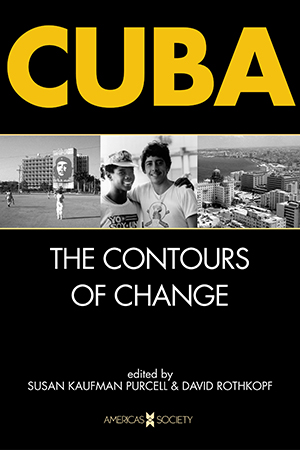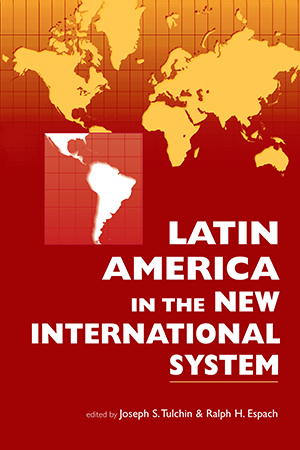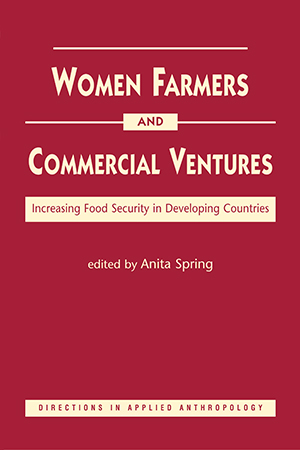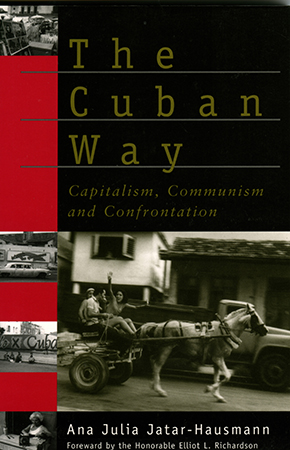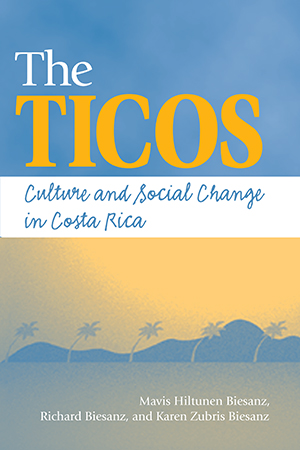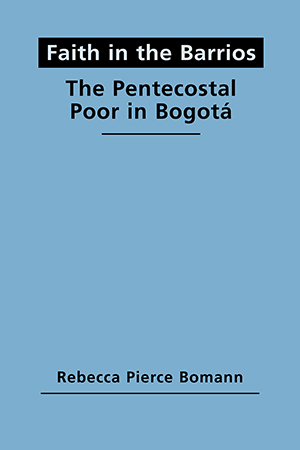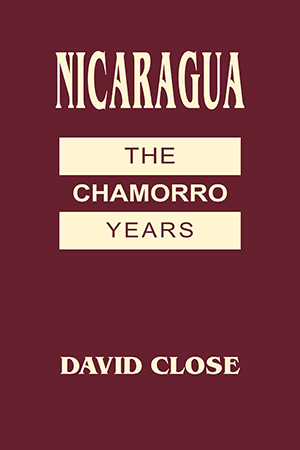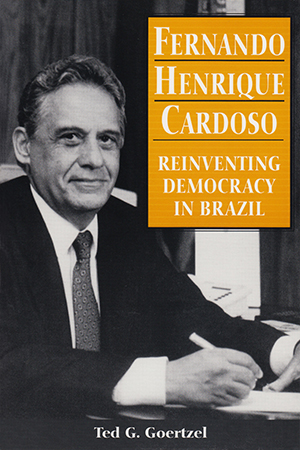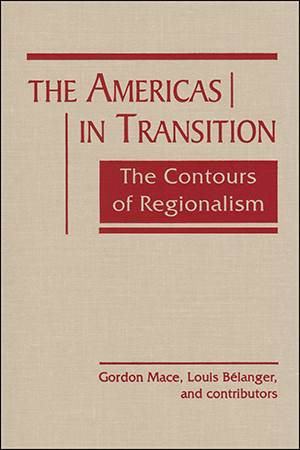Latin America and the Caribbean
Since the end of the Cold War, the security environment of the Caribbean Basin has dramatically changed from the containment of communism to a series of transnational threats—drug More >
While previous analyses of public-sector reform efforts in Latin America have focused largely on strategies to redefine the role of the state in the economy, there is a growing realization More >
Countless studies of citizen participation in public decisionmaking point out the limitations of direct democracy when it is transported from the realm of political theory into the More >
The first of its kind, this major bibliography covers all aspects of Puerto Rican government and politics defined in the broadest manner. More than 5,000 entries identify books, articles, More >
Since the end of the 1980s, structural changes have profoundly altered Mexico's economy and society. But has the outcome been a positive one? Dussel Peters argues that liberalization More >
Although Latin American and Caribbean countries have assigned a high priority to increasing exports in recent years—substantially transforming their economies in the More >
Though few observers dispute that change is coming to Cuba, there is a notable lack of consensus regarding the pace and direction of that change. The authors of this collection offer a range More >
Placing Latin America in the context of debates on economic globalization and the dramatically changing nature of the international system, this volume offers the perspectives of scholars More >
Women around the world are entering commercial agriculture—and often succeeding—despite development policies designed to exclude them. In this comparative volume, case studies More >
Combining historical narrative, statistics, and stories of survival behaviors in everyday life, Ana Jatar-Hausmann offers an analysis of economic policies and trends in socialist Cuba at the More >
This unparalleled social and cultural history traces the development of Costa Rica's culture and institutions. With the perspective of more than half a century of first-hand More >
The Pentecostal Poor offers a rich and powerful perspective on evangelicalism in the barrios of Latin America, exploring conversion and subsequent commitments to faith in an unstable More >
In 1990, Nicaraguans voted out the revolutionary Sandinista regime and replaced it with the conservative government of President Violeta Chamorro. Chamorro's term of office was marked by More >
Fernando Henrique Cardoso’s personal trajectory is unquestionably intertwined with the main intellectual and political debates in Brazil (and Latin America) in the second half of the More >
The FTA, MERCOSUR, the Enterprise for the Americas Initiative, NAFTA, the Summit of the Americas—do these constitute building blocs in the construction of a new regional system? This More >


